
An expert in sustainability and material culture at the University of Chester is keen to recruit young people aged 18 to 25 for a study about the clothes they choose to wear.
Dr Rebecca Collins, who is Deputy Head of the Department of Geography and International Development, and Senior Lecturer in Human Geography, and her research assistant Megan Rushton are researching novelty in clothing consumption – to try and find out why young people in particular ‘wear what they wear’.
With young adults being the biggest consumers of ‘fast fashion’ – as well as being the demographic group most likely to drive a shift towards a more ethical and sustainable fashion industry - Dr Collins wanted to explore how young people felt about the clothes they wore – and what would influence them to accept wearing more sustainable clothing – including ‘second hand’ and vintage.
Dr Collins said: “My research in this field started a few years ago. I had observed a growing trend for ‘pre-ripped’ jeans amongst young consumers, which intrigued me – they were jeans that were new, but made to look old – and that was seen as a desirable thing. It got me thinking about the aesthetics of oldness and newness, and some of the contradictions in people’s tolerance for visibly old clothing. What ‘old’ fabrics are seen as socially acceptable for young people to keep wearing, and what styles? If we are going to make clothing consumption more sustainable, we need to understand how garments can be re-worked, re-styled or re-made in ways that ensure consumers – young and old - still want to wear them. Although this research began a long time before COVID-19 and lockdown, it will of course be interesting to see whether that is having an impact on people’s choices too.”
Rebecca has been working alongside her research assistant Megan – who is a current Sociology student at the University - and is able to interview her fellow students, friends and peers to gauge their thoughts and opinions on clothing trends.
She said: “Megan is fabulous – she’s a huge asset to this project, because I’m very aware that this is not my world anymore! Megan is able to bring her own knowledge of young adults’ clothing culture to inform our questions, and I’m learning a lot from her about how 18 to 25-year-olds relate to clothing and fashion in 2020.
Given lockdown conditions, Megan and Rebecca have been asking volunteers to participate in their study through a video recording platform – for example Zoom or Skype. They ask volunteers to provide three jumpers from their wardrobe – their most favourite, the one they wear the most, and the one that’s been worn the least – and then use these jumpers as a starting point to ask questions about participants’ views on clothing trends.
The second part of the interview involves browsing an online second-hand shop – for example, Ebay, Depop or Shpock – to discuss what they would be prepared to buy. The whole interview takes around 45 minutes in total.
Megan explained how the research is going so far: “It’s been really interesting to hear about people’s relationships with clothes. Their responses – and reactions to second-hand clothing – tend to depend on the item. For example, t-shirts don’t hold their wear so well – but with denim, second-hand can add to the vibe of an item, like a jacket for example. Also, people have different relationships with clothes- some love shoes and spend a lot of money on them, but would see spending lots on a top as a waste of money. There has been a mixture of people who would consider shopping second-hand – and whether that would be considered ‘new to you’, but interestingly, a lot of those I have interviewed so far would! I’ve also noticed more people are showing awareness about sustainability. And the term ‘vintage’ seems to be very personal – in terms of how old that means!”
The researchers are looking for participants aged 18 to 25 to take part in the project until June 5. Dr Collins then hopes to compile her data from this research phase, along with previous studies, to bring her and Megan’s analysis together for publication, with the aim of influencing a future move towards more sustainable clothing consumption for everyone. Anyone wishing to take part can email Rebecca.collins@chester.ac.uk in the first instance.
Megan has also written a handy blog on how to ‘upcycle’ clothes and shop second-hand.
Pictured - Megan Rushton with a dress that she has ‘upcycled’.


 Air quality improvements could see end of air quality management areas in Ellesmere Port and Frodsham
Air quality improvements could see end of air quality management areas in Ellesmere Port and Frodsham
 Council asks for views on the borough’s current dog control order
Council asks for views on the borough’s current dog control order
 Protecting people from the sun
Protecting people from the sun
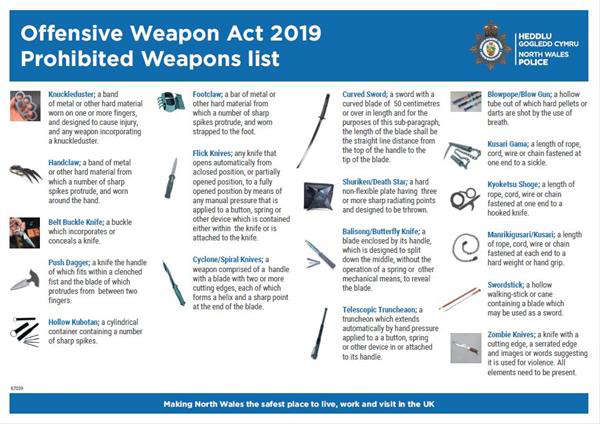 Come and speak to North Wales Police
Come and speak to North Wales Police
 Supporting people on their journey to employment
Supporting people on their journey to employment
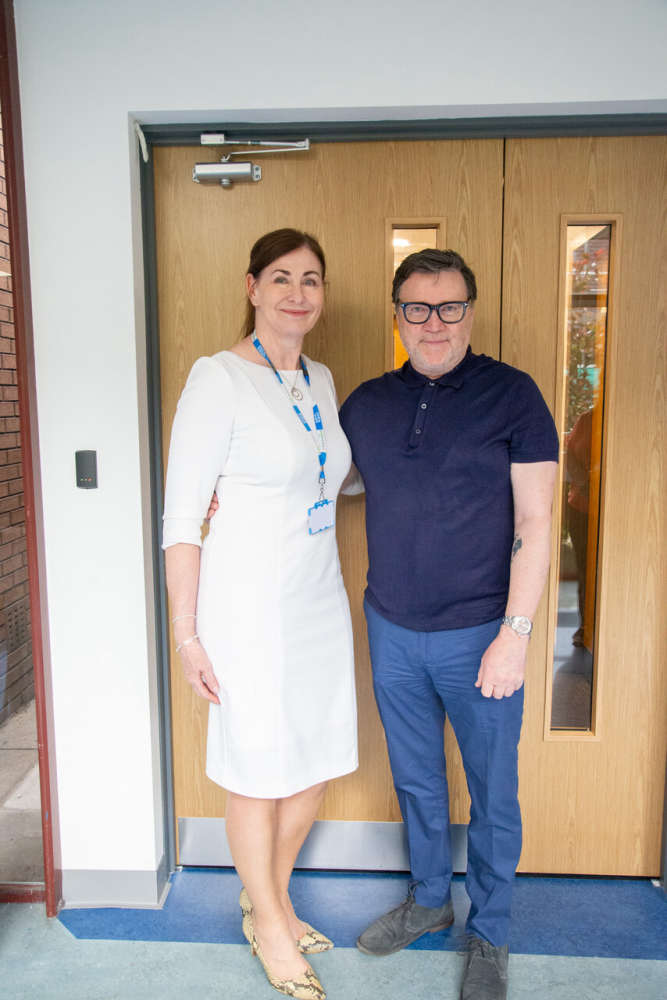 Ian Puleston-Davies opens new staff wellbeing hub at Countess of Chester Hospital NHS Foundation Trust
Ian Puleston-Davies opens new staff wellbeing hub at Countess of Chester Hospital NHS Foundation Trust
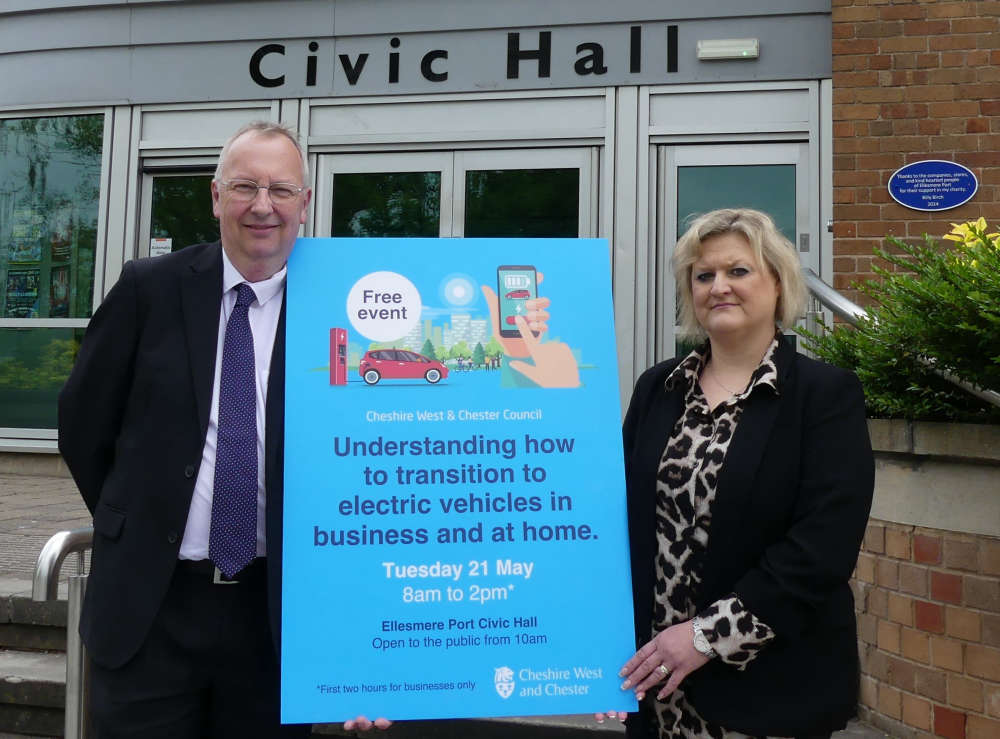 One week to the Council’s event to help you switch to electric vehicles
One week to the Council’s event to help you switch to electric vehicles
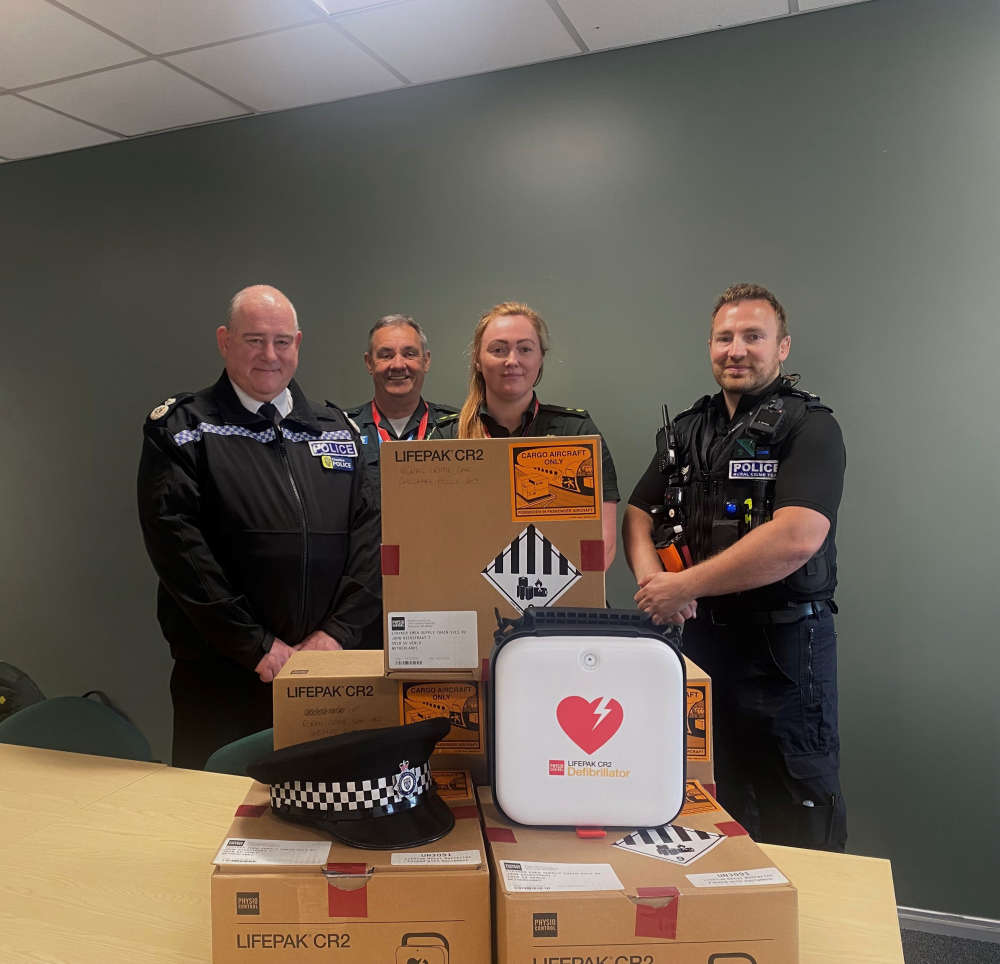 Rural Crime Team equipped with mobile defibrillators
Rural Crime Team equipped with mobile defibrillators
 New online hub for the Dee Estuary
New online hub for the Dee Estuary
 Chester and Wirral Football League - Latest Results
Chester and Wirral Football League - Latest Results
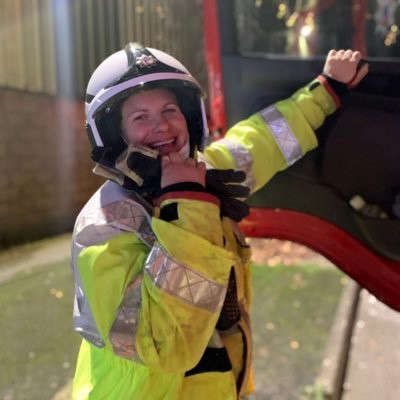 Is being a wholetime firefighter the job for you?
Is being a wholetime firefighter the job for you?
 RISING YOUNG MUSICAL THEATRE STAR SET TO JOIN CHESTER CHOIR AS SPECIAL GUEST
RISING YOUNG MUSICAL THEATRE STAR SET TO JOIN CHESTER CHOIR AS SPECIAL GUEST
 CHESHIRE WOMEN’S CRICKET LEAGUE - LATEST RESULTS
CHESHIRE WOMEN’S CRICKET LEAGUE - LATEST RESULTS
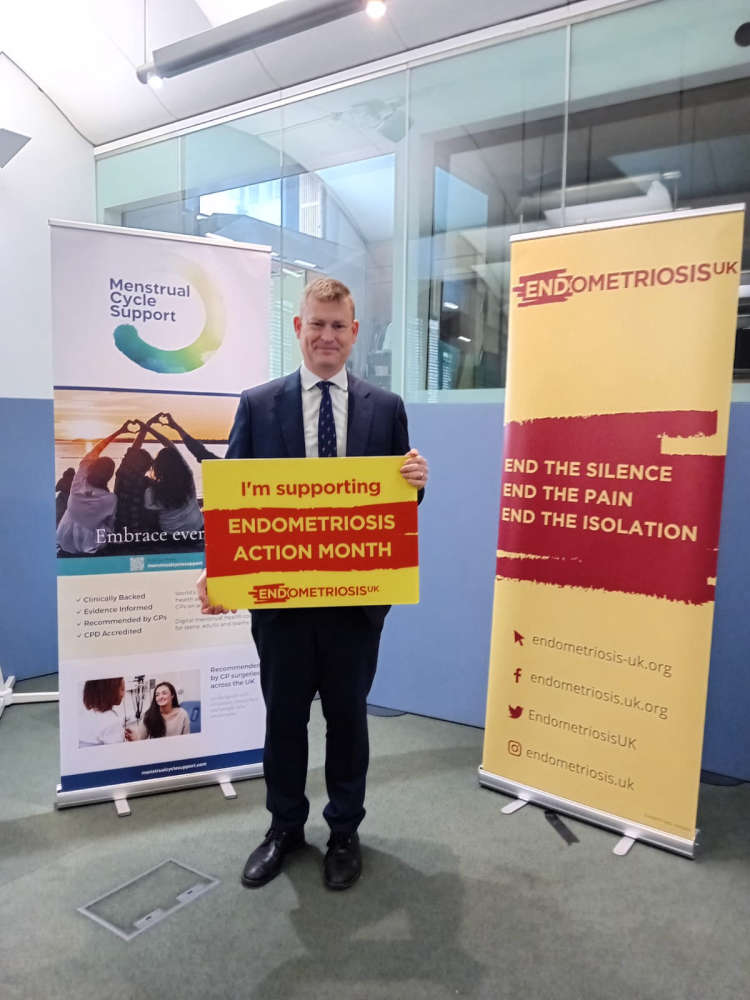 Local MP has pledged support for those suffering with endometriosis
Local MP has pledged support for those suffering with endometriosis
 Make History: Build a Future Free From Homelessness
Make History: Build a Future Free From Homelessness
 Cheshire Constabulary to support national operation to cut out county-wide knife crime
Cheshire Constabulary to support national operation to cut out county-wide knife crime
 Chester FC Community Trust marks Mental Health Awareness Week
Chester FC Community Trust marks Mental Health Awareness Week